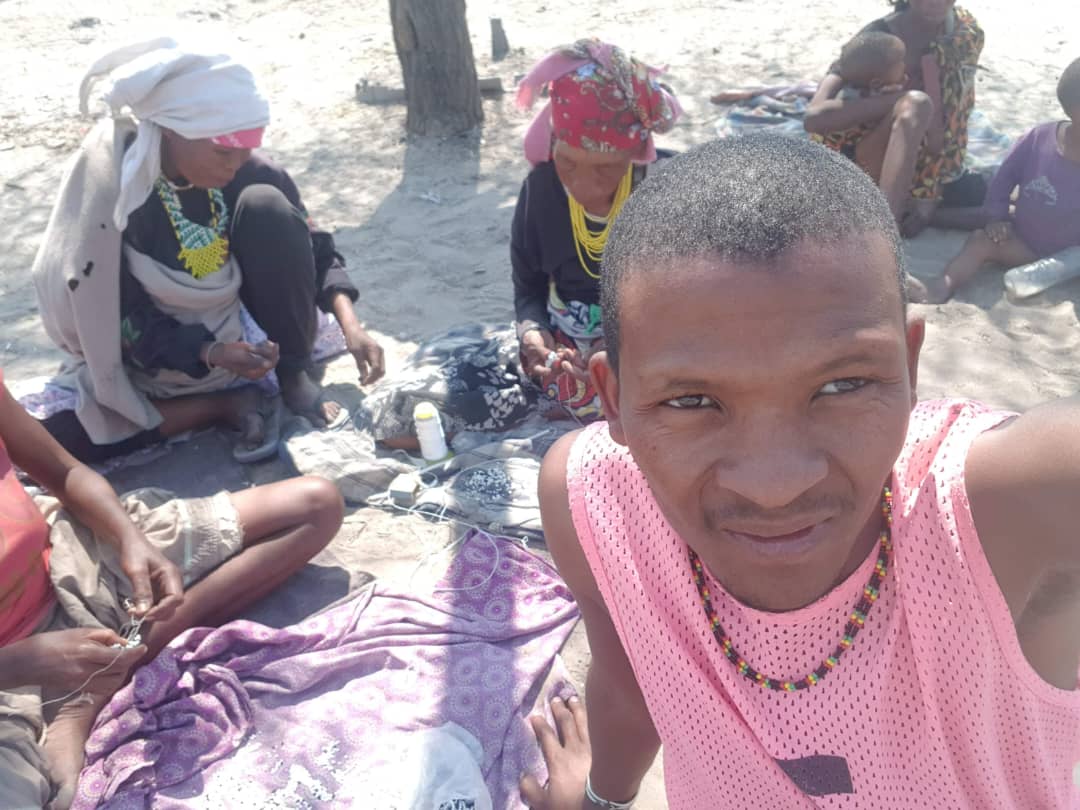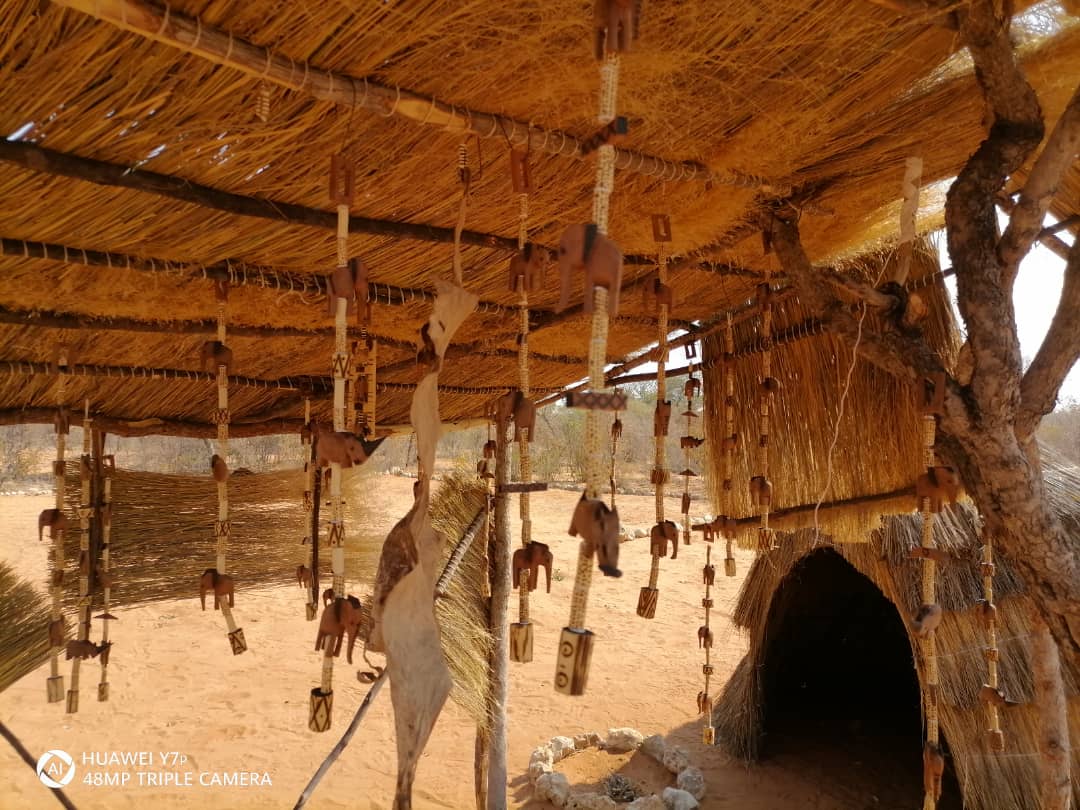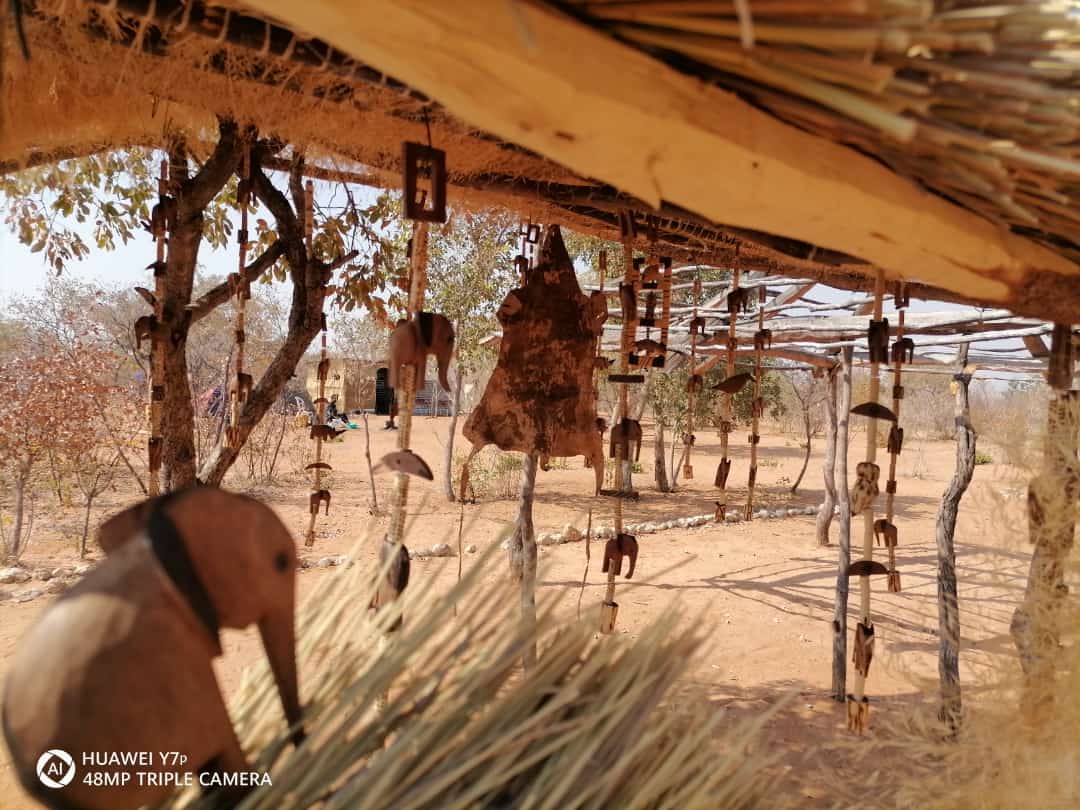In Namibia, where ancient cultures meet the urgent realities of climate change, the San people emerge as vital custodians of environmental knowledge. Their rich heritage offers invaluable lessons in sustainability, particularly as the world confronts the challenges posed by climate variability.

A Legacy of Knowledge
The San, often referred to as Bushmen, represent one of the oldest surviving cultures in southern Africa. Their profound relationship with nature has enabled them to thrive for millennia as hunter-gatherers, practicing selective harvesting to maintain the balance of their ecosystems.
Simson Kapembe, who leads a San/Indigenous human rights initiative, emphasizes this wisdom: “We have always taken only what we need from the land. Our ancestors taught us to respect the earth, and that knowledge is crucial now more than ever.”
As climate change intensifies, threatening traditional lifestyles, the San’s understanding of biodiversity is increasingly relevant.
N! amace Nianian elder from the! Kung community, affirms, “Our ancestors knew the land better than anyone. We can still navigate these challenges if we are allowed to use our knowledge and adapt.”
The Role of Indigenous Knowledge in Climate Adaptation
The San people’s traditional practices align closely with modern sustainability principles. By gathering only what they need and utilizing resources responsibly, they play a crucial role in preserving the health of their forests. This stewardship is vital not only for local ecosystems but also for global climate regulation. “We have learned to live with nature, not against it,” Simson notes. “Our practices help keep the forests alive, which is essential for everyone.”
Youth Engagement in Climate Finance
Today’s youth face a climate crisis that jeopardizes their future. Engaging them in climate finance is essential for fostering resilience and sustainability. “The youth are the future,” says Marlitha Thaises, a young San activist. “If we don’t invest in their understanding of climate issues now, we’ll all pay the price later.”
However, many young people lack access to climate education and financial resources. Community leaders advocate for integrating traditional knowledge with modern climate education to bridge generational gaps. “We must teach our children the wisdom of our ancestors while equipping them with the tools of today,” N/aka emphasizes.
Rethinking Financial Systems for Climate Justice

As climate change escalates, it’s imperative to rethink financial systems to prioritize climate justice. N/aka Lina ghauz, a young local activist highlights the disparities faced by indigenous communities: “We often lack the support and resources needed to adapt to changing conditions. It’s not just about us; it’s about justice for all communities affected by climate change.”
The San advocate for a financial model that recognizes the value of indigenous knowledge and sustainable practices. By empowering local communities through funding and resources, resilience against climate impacts can be strengthened. “We can’t solve climate issues without involving those who have lived in harmony with the land for generations,” Simson adds.
Fostering Intergenerational Equity in Climate Action
Intergenerational equity is a cornerstone of sustainable development. The San people’s approach to land management exemplifies this principle. “We must think not just of today but of future generations,” says Marlitha. “What legacy do we leave behind? Our actions today will shape the world for our children.”
As the San community strives to preserve their traditions while adapting to modern challenges, their voices are essential in the broader dialogue surrounding climate action. Integrating indigenous knowledge into climate strategies can yield innovative solutions and enhanced resilience.
Financing Our Future

The San people of Namibia provide profound insights into the intersection of culture, sustainability, and climate action. As we confront the escalating threat of climate change, it is vital to listen to their voices and learn from their practices. By engaging youth, rethinking financial systems, and fostering intergenerational equity, we can develop a robust climate finance framework that addresses current challenges while safeguarding the future for generations to come.
Simson's message resonates powerfully: “If we work together, we can turn our challenges into opportunities. Our knowledge is our strength.” As we embark on this journey, let us remember that a sustainable future is not just a dream; it is a shared responsibility that we must all embrace.









